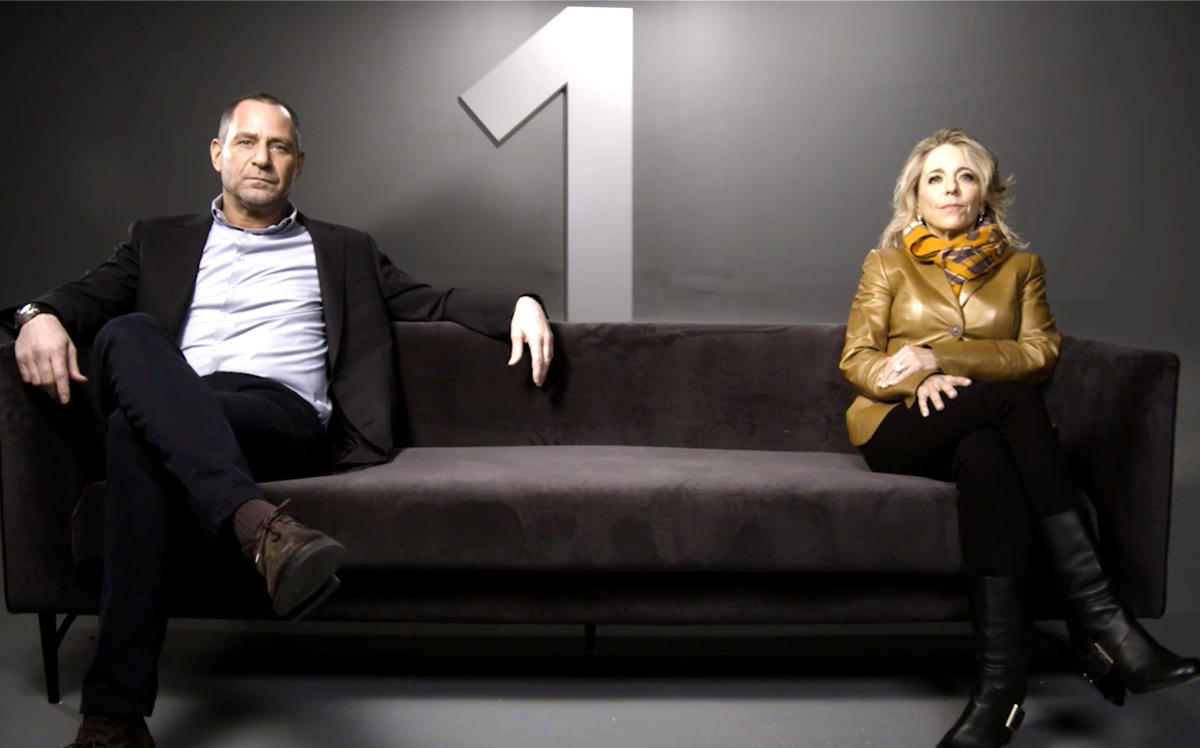 Corcoran shakeup: Bill Cunningham out; Gary Malin now COO
Corcoran shakeup: Bill Cunningham out; Gary Malin now COO
Trending
Corcoran, Citi Habitats to merge
Combined company will have 2,420 agents in New York City

UPDATED: January 28, 11:20 a.m.: After operating as “sister” companies for nearly two decades, the Corcoran Group and Citi Habitats are merging under the Corcoran banner to better compete in an increasingly cutthroat brokerage business.
The deal, announced Tuesday, will boost the company’s standing as one of the biggest firms in New York City with a combined 2,420 agents responsible for $7 billion in annual sales and 22,000 rental transactions last year.
“There’s no company in the city that will come close to us with the breadth of what we can do,” said Corcoran CEO Pam Liebman, citing Corcoran’s track record in sales and Citi Habitats’ large book of rental business.
Read more
 Corcoran shakeup: Bill Cunningham out; Gary Malin now COO
Corcoran shakeup: Bill Cunningham out; Gary Malin now COO
 Compass to Realogy: You can't sue us
Compass to Realogy: You can't sue us
Terms of the deal were not disclosed, but Liebman will remain at the helm of the combined company. Gary Malin, president of Citi Habitats, will remain COO of Corcoran, a position he took in November.
Amid a lull in mergers and acquisitions, the rumor mill went into overdrive in recent days after Citi Habitats scheduled a company-wide meeting for 10 a.m. Tuesday at the Pierre. In a news release, Corcoran said it was a “strategic move” to facilitate growth. Although Corcoran acquired Citi Habitats in 2004, the two companies operated independently under the Realogy banner.
“It’s always been in the planning stages,” said Liebman, who said each year the companies analyzed whether the time had come. This time, she added, “we decided to pull the trigger.”
Doing so is likely to give a boost to the company, which has battled to hold onto market share as new and well-funded rivals enter the market.
On the rental front, Citi Habitats has been grappling with a slower rental market coupled with rent-law changes, including a cap on application fees, that hurt its earnings.
Corcoran, stung by agent defections to Compass, has also weathered a luxury slowdown. It has responded by strategically growing its footprint: Last year, the firm entered the franchise business by targeting leisure markets and expanded to South Florida by opening company-owned offices in West Palm Beach, Miami Beach and Bal Harbour.
Amid that expansion, Corcoran firm laid the groundwork for its merger with Citi this past fall by tapping Malin as COO. (At the same time, Corcoran’s president of sales, Bill Cunningham, left the resi brokerage.)
But Liebman stressed that the merger is not a sign that Corcoran is cutting costs. “We’re not laying off anybody,” she said. With the exception of one staffer, she added, “every single employee is going to be placed in a position.”
In New York, the merger adds 747 agents from Citi Habitats to Corcoran’s 1,672. The brokerage, which competes with Douglas Elliman for the distinction of being the largest in New York based on size and deal volume, will share 19 offices in the city after the closure of several locations in Brooklyn and Manhattan.
In particular, the company plans to close Citi Habitats offices in Cobble Hill, Greenpoint, Greenwich Village and the Upper East Side.
Citi’s Williamsburg, Flatiron and Upper West Side offices will remain open, under the Corcoran banner. “We’re not doing this as a cost-saving [measure], but will we save some cost? Sure,” said Liebman, adding that it wouldn’t make sense to have that many offices in close proximity to one another.
“Frankly, a lot of agents don’t come in anymore,” she said. “Everyone is so mobile, we don’t need as much bricks and mortar.”
Back in 2004, when Corcoran bought Citi Habitats from founder Andrew Heiberger, the latter had 20 offices and Corcoran had 43. At the time the companies envisioned a powerhouse brokerage fueled by Corcoran’s for-sale business and Citi’s rentals.
“No merger is perfect, but this one is pretty darn close,” Heiberger said Tuesday. “The synergies are incredible and the opportunity for the brokers to utilize the Corcoran brand and outside resources, especially for sales, is tremendous.”
Many years later company execs said it made more sense to truly combine the companies, which already shared some back-end operations. Malin said Corcoran and Citi had been working on shared initiatives such as a company website, tech platform and marketing platform. Corcoran Sunshine and Citi Habitats Development Marketing have partnered on several new development projects, including GID Development Group’s Waterline Square and others.
“All these factors became more evident,” he said. “We always knew it was the right business decision. We needed to figure out when.”
As one company, the brands will be more streamlined, with just one website, marketing campaign, and lead-generation program. The company also hopes the merger provides a leg up in agent recruiting, which is a virtual blood sport in New York.
Last summer, Corcoran’s parent company, Realogy, slammed Compass with an explosive lawsuit, accusing it of “predatory” poaching and unfair business practices.
Compass recently sought arbitration to resolve the suit, claiming that most of Realogy’s claims pertain to Corcoran; both Compass and Corcoran are members of the Real Estate Board of New York, which requires members to settle disputes through arbitration.
Write to E.B. Solomont at eb@therealdeal.com.




